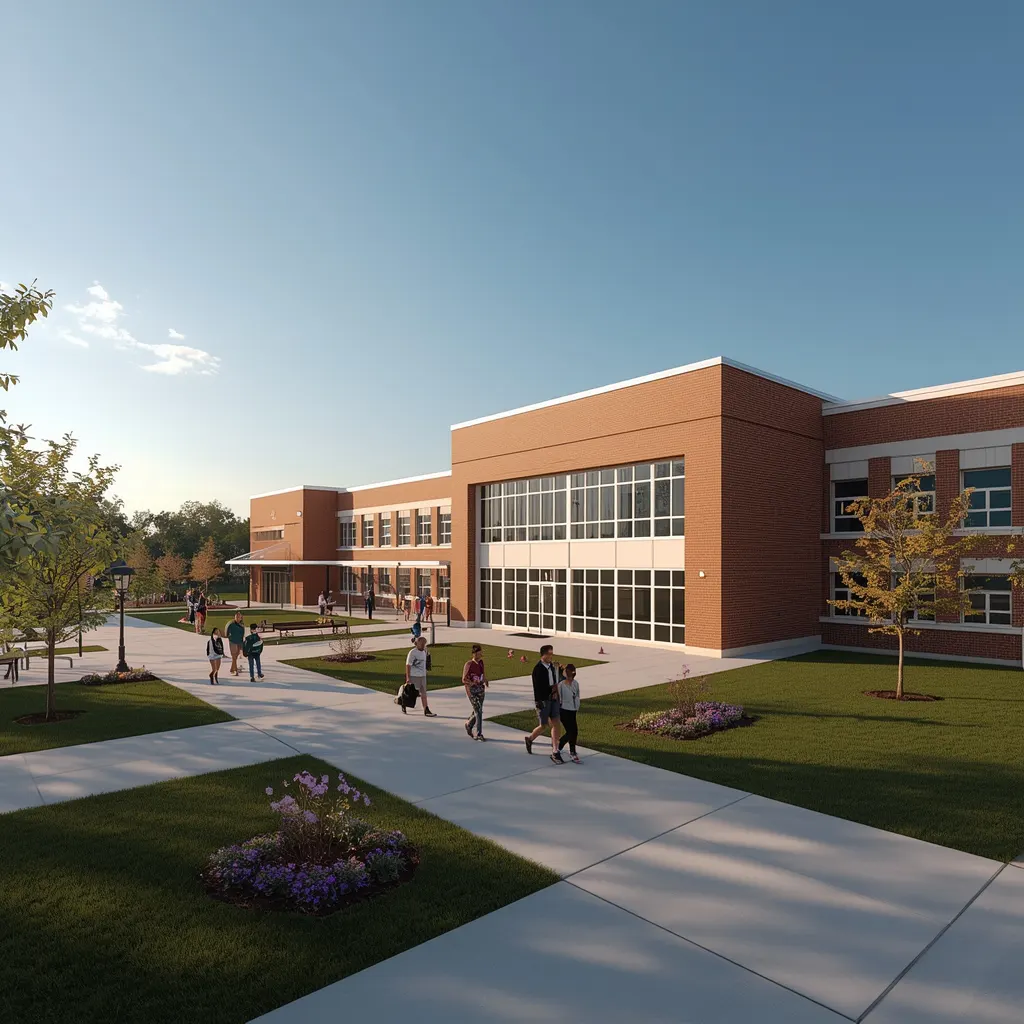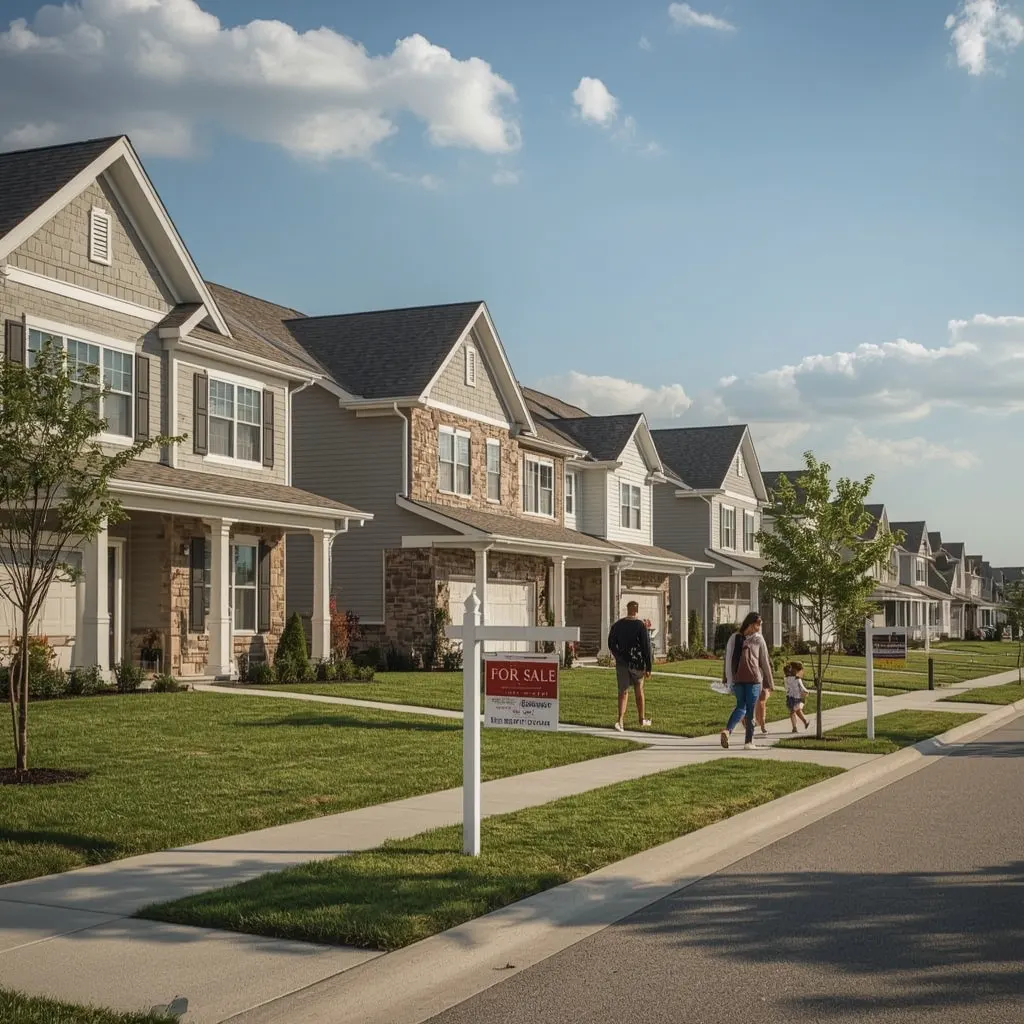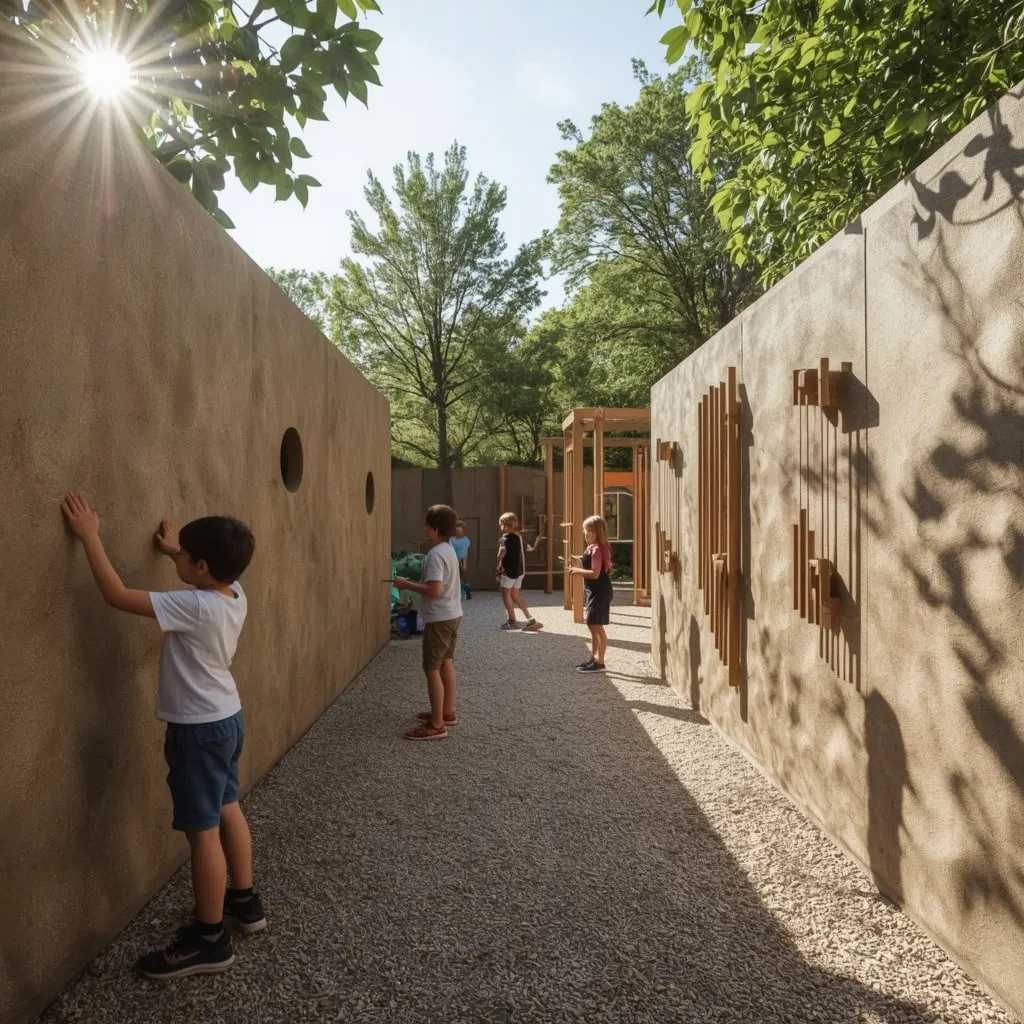Buying your first home in Naperville is a significant milestone, and effective budgeting is the cornerstone of this important journey. Whether you’re looking to invest in a cozy downtown condo or a family house in one of Naperville’s charming neighborhoods, understanding how to manage your finances is crucial. This post will guide you through setting a realistic budget for your first home purchase, ensuring you enjoy your new home without financial strain.
Understanding the Importance of Budgeting
Many first-time homebuyers in Naperville underestimate the importance of a well-planned budget. A comprehensive budget not only prepares you financially but also mentally for the purchase. By detailing all expenses, you can:
- Gain clarity on the true cost of homeownership in Naperville, preparing for post-purchase budget adjustments.
- Set clear financial goals, understanding your payment schedule and the reasoning behind it.
- Assess your readiness for the purchase, avoiding the pitfalls of overspending and subsequent financial challenges.
Remember, a well-thought-out budget is your first step towards long-term financial stability in your new Naperville home.
Steps to Setting Your Home-Buying Budget
The 28/36 Rule
Start with the foundational 28/36 rule: allocate no more than 28% of your gross income to mortgage payments and ensure your total debts don’t exceed 36%. This guideline is crucial for maintaining a healthy debt-to-income ratio, making you an attractive candidate to lenders.
Factoring in Additional Expenses
Homeownership in Naperville involves more than just the property’s price. Consider additional costs like maintenance, utilities, insurance, HOA fees, repairs, and property taxes. These expenses vary based on location, home size, and other factors, but they’re essential for a realistic budget.
The Down Payment
Your down payment, typically between 3% and 20% of the home’s price, significantly influences your mortgage conditions. A larger down payment can help you avoid Private Mortgage Insurance (PMI), saving you money in the long run.
Closing Costs
Closing costs, often around 5% of the home price, include various fees such as loan origination, appraisal, title search, and taxes. Discuss these with your real estate agent to avoid surprises.
Mortgage Escrow Account
In Naperville, a mortgage escrow account for insurance and property tax payments is a common requirement. Lenders might ask for two months’ worth of payments upfront.
Moving to Your New Naperville Home
Professional Moving Services
Investing in professional movers in Naperville ensures a smooth transition to your new home. They handle delicate and heavy items efficiently, reducing the risk of damage.
Packing Supplies
Include packing supplies in your moving budget. While some materials can be sourced for free, it’s important to have enough quality supplies for a secure move.
Travel Costs
If your new home is outside your current area, factor in travel expenses. This ensures a safe and stress-free relocation to your Naperville home.
Enjoying Your New Home in Naperville
Purchasing a home within your budget is key to enjoying homeownership without financial worries. Whether you’re moving within Naperville or relocating here for the first time, a well-planned budget is your blueprint for success.
For more insights on buying your first home in Naperville and navigating the real estate market, connect with Dan Firks and Naperville.com.

Indoor Skydiving in Naperville: Your First Flight at iFLY (2026 Guide)

Dancing With the Stars Fundraiser Gala – Naperville’s Night of Glamour, Community, and Giving Back

Sullivan’s Steakhouse Naperville | Downtown Fine Dining

Top-Rated Schools in Naperville: A Parent’s Guide to Education Excellence




